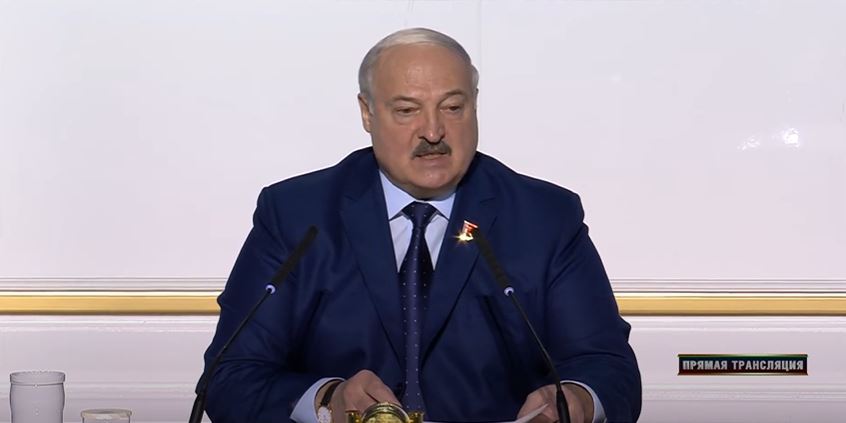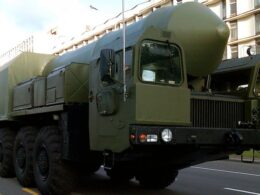Belarus significantly increased its military presence along its border with Ukraine, deploying additional aircraft, air defense troops, and anti-aircraft missiles, according to Belarusian officials.
This move comes just a day after self-proclaimed Belarusian President Aliaksandr Lukashenka announced plans to station nearly one-third of the country's military forces in the border region.
Major General Andrey Lukyanovich, the Belarusian Air Defense Forces commander, confirmed the deployment on national television, describing it as a "significant increase" in military assets along the frontier. He added that soldiers from the country's radio-technical corps will also be deployed.
Belarus' authoritarian leader, Lukashenka, justified the decision as a response to alleged Ukrainian troop movements.
"I ordered almost a third of the army to the border with Ukraine," he said on 18 August. While he did not provide specific troop numbers, Belarus' army is estimated to have around 60,000 personnel.
The Belarusian president's claims of increased Ukrainian military activity along the border could not be independently verified. Ukraine has not confirmed such deployments or responded to Belarus' military build-up along their 1,084-kilometer shared border.
Belarus played a crucial role in Russia's invasion of Ukraine, serving as a staging ground for Russian forces to launch attacks from the north. In 2023, Russia also moved some of its tactical nuclear weapons to Belarusian territory, further solidifying the military alliance between the two countries.
Despite the escalating tensions, Lukashenka called for negotiations between Russia and Ukraine. However, he claimed that Ukraine's current incursion into Russia's Kursk Oblast was preventing talks from taking place. Lukashenka characterized this "escalation" as an attempt to provoke Moscow.
Read also:
- Ukrainian forces control 20% of Donetsk’s New York settlement, sources say
- US reaffirms support for Ukraine’s military actions in Russia
- West can “easily” afford Ukraine aid to avoid much greater future costs, economist says





